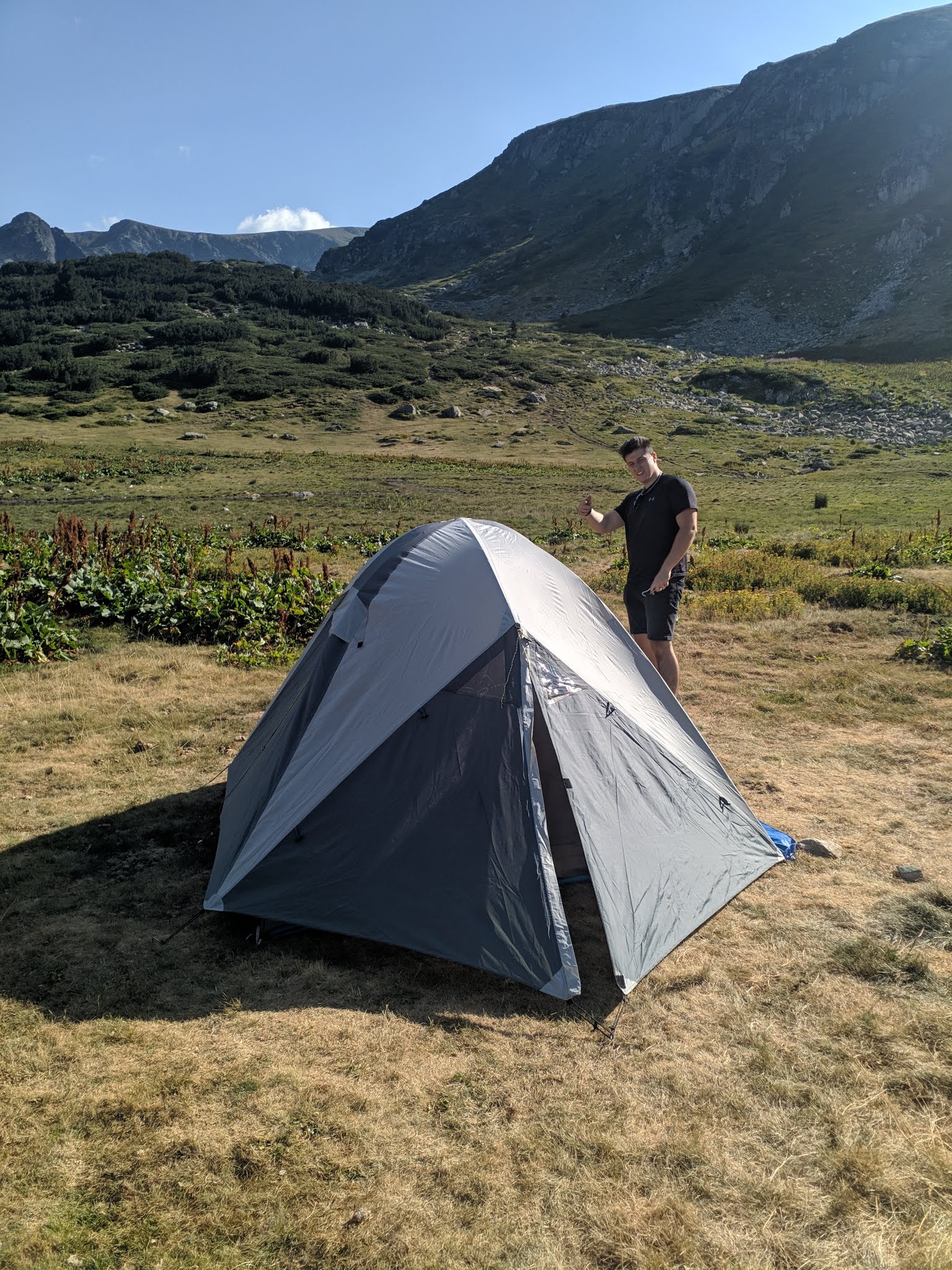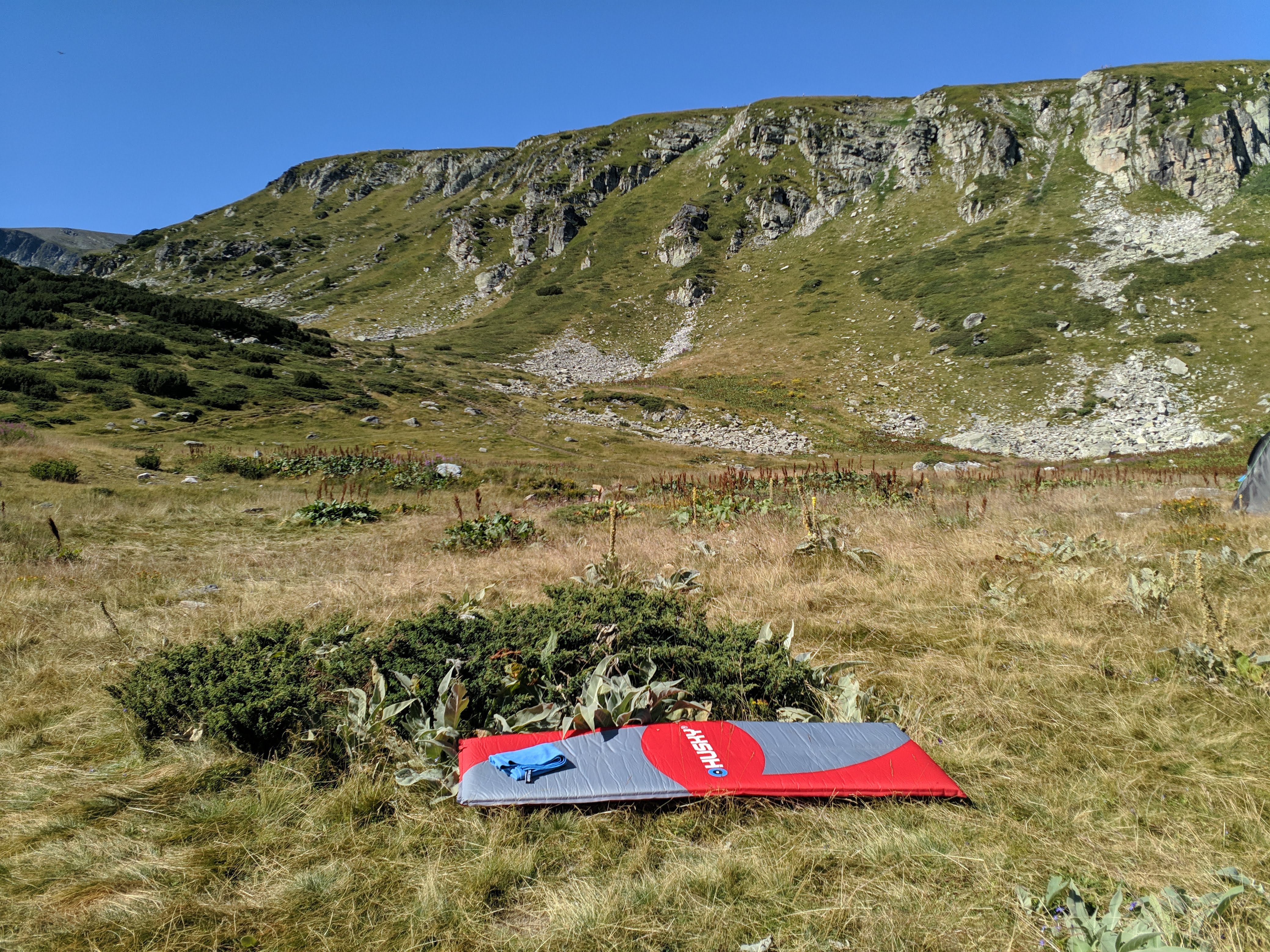Must-have things to take camping
Planning a camping adventure is an exciting undertaking that brings out the adventurer in all of us. To ensure you enjoy every second under the open sky, it is key to know what the most important things to bring with you on a camping trip are.

The most important gear you should never go without
Whether you are heading to the mountains or the beach, the first step to a successful experience is well-chosen gear. Careful selection will save you headaches and ensure comfort in all conditions.
Tent and sleeping equipment
A quality tent is the backbone of any camping experience. Choose a model that offers stability against strong winds and protection from rain. Combined with a comfortable sleeping bag and a durable sleeping pad or a practical inflatable bed, you will ensure warmth and support at night. The right choice of these elements will guarantee you true comfort under the stars.

Lighting and Power
When the sun goes down, you’ll need a reliable headlamp or flashlight to navigate the terrain. Also, consider bringing along portable batteries or small power generators to stay connected and charge your devices. Good lighting and a power source make any evening around the campfire even more magical.
Cooking and Dining Supplies
Nothing brings people together like a delicious meal outdoors. Don’t forget your camping stove, utensils, and a camping kitchen that includes everything you need to prepare meals. Also, bring a cooler bag to keep your produce fresh even on the hottest days. Make your outdoor dining experience comfortable and easy with the right gear.
Personal Hygiene Products
Maintaining good personal hygiene is key to a pleasant and healthy camping experience. The lack of amenities in the wild makes carrying basic hygiene supplies a must.

Take in your luggage:
- wet wipes and disinfectants – they will help you freshen up easily without the need for water
- a small reusable towel – practical, compact and quick-drying, ideal for outdoor conditions;
- a small waste bag – to collect used hygiene materials in an environmentally friendly way.

These products will provide you with a feeling of freshness and comfort, regardless of the conditions of the place. Do not neglect the importance of personal care during your adventure.
Practical accessories for comfort and a better experience
Camping is not only about survival – it is also about the pleasure of being in nature. To increase your comfort, add practical camping accessories to the list of necessary things.
It is most useful to take:
folding furniture such as chairs and tables – provide comfort when eating and resting at the campsite, without taking up much space in your luggage;
portable coffee maker – perfect for those cozy mornings outdoors when a cup of aromatic coffee makes everything better;
an ergonomically designed backpack – a must for short hikes because it distributes the weight evenly and is easy on the back;
insect repellent and sunscreen – vital for your safety – protect your skin from bites, burns and other troubles in nature.
Each of these additions makes your stay lighter, cozier and more memorable without adding unnecessary weight to your luggage.
More tips for planning a camping trip
Preparing for camping should be careful and comprehensive. Follow this list so you don’t miss anything essential:

1. Check the weather conditions and adapt your luggage accordingly
Before you go camping, be sure to check the weather forecast for the area you will be in. If rain is expected, take a waterproof tent, raincoat and suitable shoes. In hot weather, bring light, breathable clothing, extra sun protection, and more water. On cold nights, add warm clothing, an extra blanket, and a thicker sleeping bag. Properly adjusting your luggage will protect you from discomfort and unpleasant surprises.
2. Get a reliable first aid kit with essential medications and supplies
In nature, minor incidents can always occur – insect bites, scratches, burns, or allergic reactions. So take a first aid kit that includes: plasters, disinfectants, painkillers, antihistamines, sterile bandages, and basic first aid medications. This way, you will be able to react quickly if needed.
3. Bring enough water for drinking and cooking
Get a reliable source of water – especially if the place where you are camping does not have guaranteed clean water. Take large bottles, canisters, or use water purification filters. Water is vital not only for drinking, but also for cooking, washing dishes and personal hygiene, so the amount should be generously planned.
4. Choose appropriate clothing according to the terrain and temperatures

The correct selection of appropriate clothing can make a significant difference between a pleasant stay and a painful one

 JANUARY is for SKIING
JANUARY is for SKIING